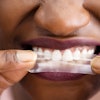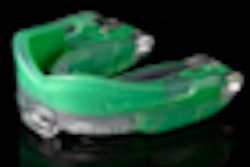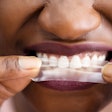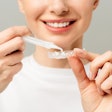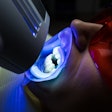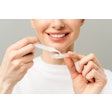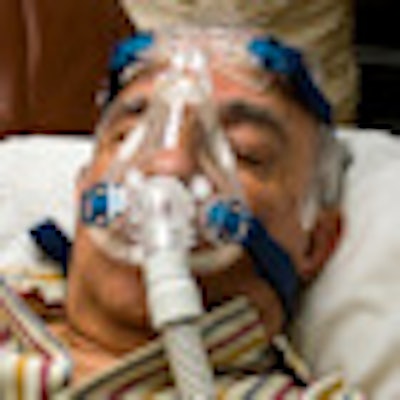
NEW YORK (Reuters Health) - The breathing problems caused by sleep apnea appear to worsen during the colder months of the year, according to a new study from Brazil.
People with the common sleep disorder stop breathing multiple times throughout the night, each bout lasting from seconds to minutes.
Jerome Dempsey, who studies breathing problems at the University of Wisconsin and was not involved in the new study, said it makes sense that airway infections and weather would have an effect on sleep apnea.
But the changes in sleep apnea across seasons are small, Dempsey added, and the study does not prove that winter weather in itself makes sleep apnea worse.
According to the National Heart, Lung, and Blood Institute, one in 10 adults over age 65 has sleep apnea.
Seasonal changes in weight and allergies can affect sleep apnea, and the Brazilian researchers, led by Cristiane Maria Cassol at Universidade Federal do Rio Grande do Sul, wanted to see if weather changes might also have any impact on the disorder.
They used data from patients who came in for testing at a sleep clinic on how many times their sleep was disturbed by breaks in breathing. The study included one night of sleep for more than 7,500 patients over a 10-year period.
The researchers then compared the severity of the patients' apnea to the weather conditions at the time, including humidity, temperature and air pollution.
Patients who came in during the colder months had more nighttime breaks in breathing than those who sought treatment during the warmer months. For instance, during the winter, patients stopped breathing an average of 18 times per hour, compared to 15 times an hour during the summer.
Similarly, the sleep clinic was more likely to see the most severe cases -- people who stopped breathing more than 30 times an hour -- in the colder months.
About 34% of patients who came in during cold weather had severe apnea, while 28% of patients during warm weather had severe apnea.
The team found that certain weather conditions -- high atmospheric pressure and humidity and high levels of the air pollutant carbon monoxide -- were tied to worse cases of apnea.
But the study could not determine whether it's the weather that's responsible for the more severe sleep apneas.
The researchers write in their report, published in the journal Chest, that more severe apnea in the winter "can be due to several circumstances, including winter-related upper-airway problems that intensify the severity of (sleep apnea) symptoms."
Another possibility is that wood burning to heat homes during the winter can cause irritation in the airways and aggravate sleep apnea.
"There are so many things that affect sleep apnea, including the decision of when to come visit" a sleep clinic, Dempsey told Reuters Health.
In other words, it might not be the weather, but the time of year that makes it more convenient for patients to take the time to seek treatment.
Dempsey said researchers would have to follow patients for at least a year and observe how their conditions change in order to say whether sleep apnea really does worsen in the winter.
While winter-related conditions such as colds or allergies might intensify sleep apnea, Dempsey said the biggest risk factor is obesity.
By Kerry Grens
Source: https://bit.ly/MqNmmE
Chest, online June 14, 2012.
Last Updated: 2012-07-04 10:00:27 -0400 (Reuters Health)
Copyright © 2012 Reuters Limited. All rights reserved. Republication or redistribution of Reuters content, including by framing or similar means, is expressly prohibited without the prior written consent of Reuters. Reuters shall not be liable for any errors or delays in the content, or for any actions taken in reliance thereon. Reuters and the Reuters sphere logo are registered trademarks and trademarks of the Reuters group of companies around the world.
